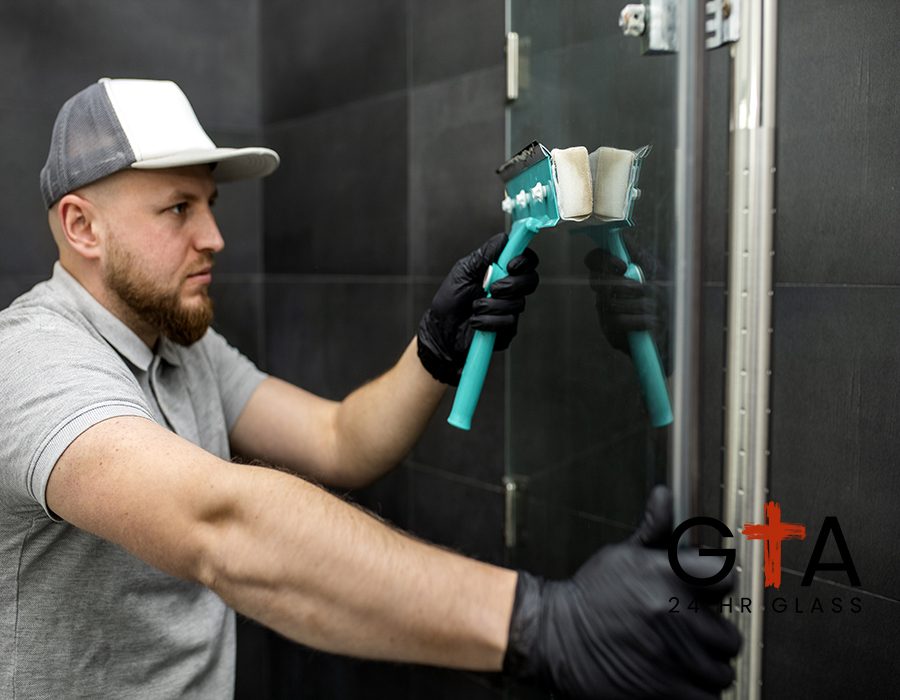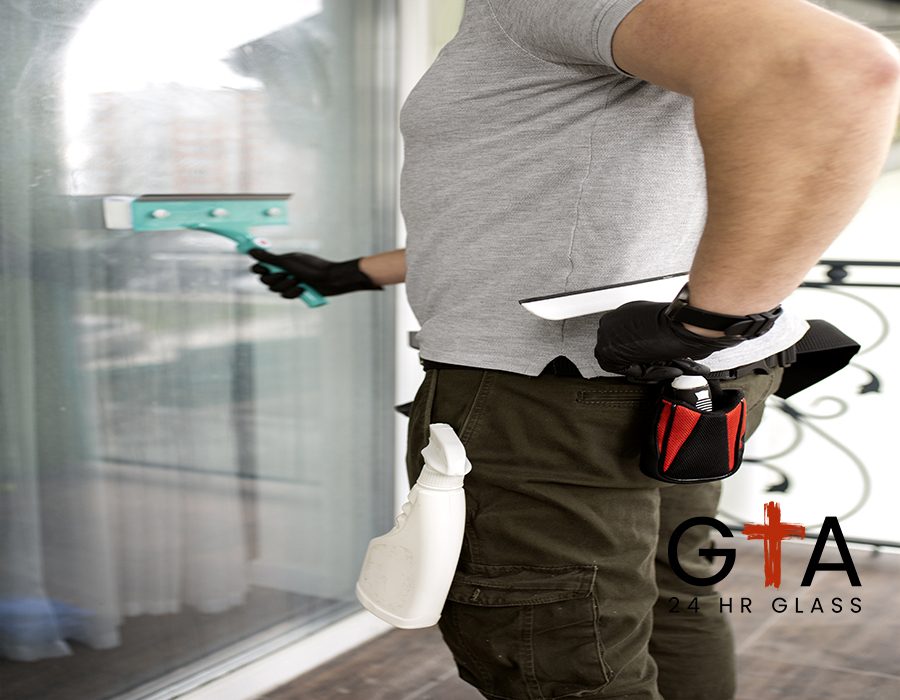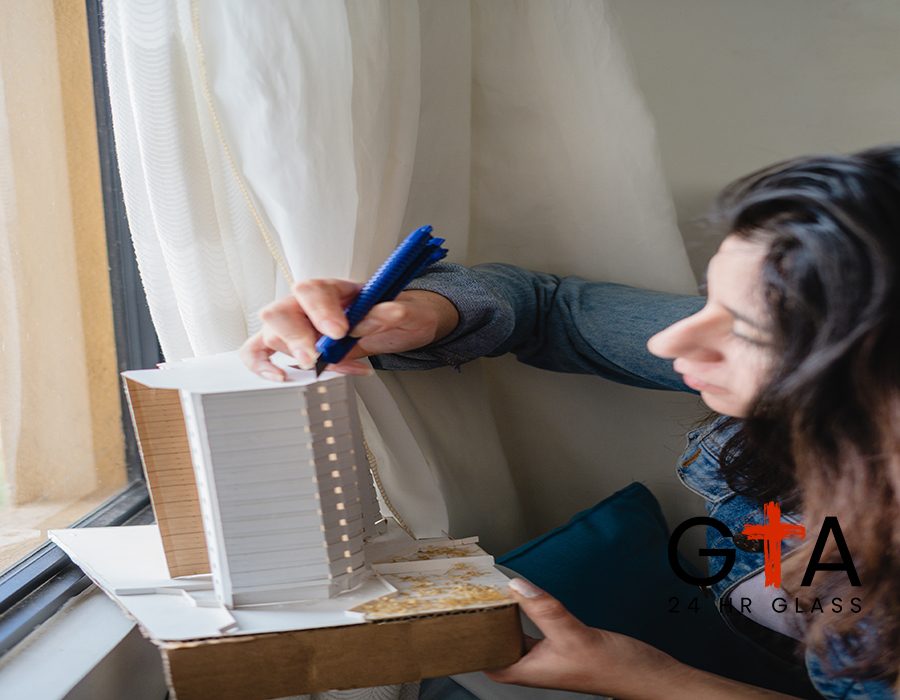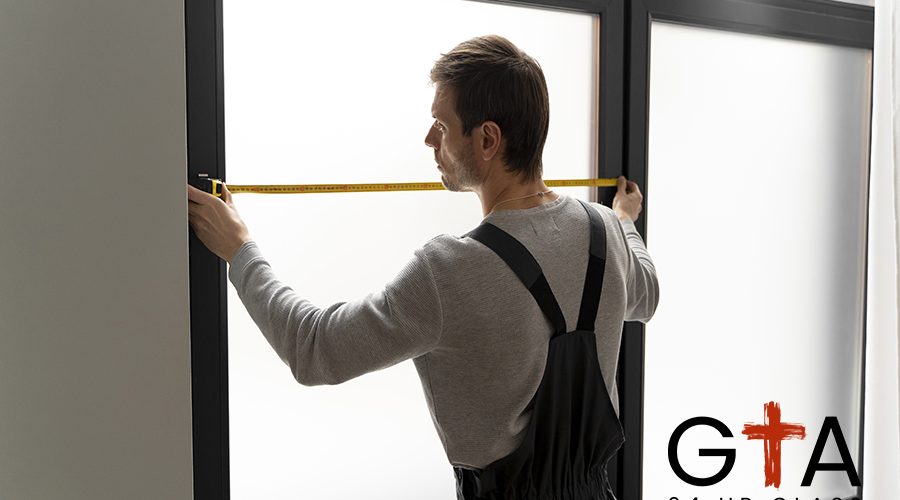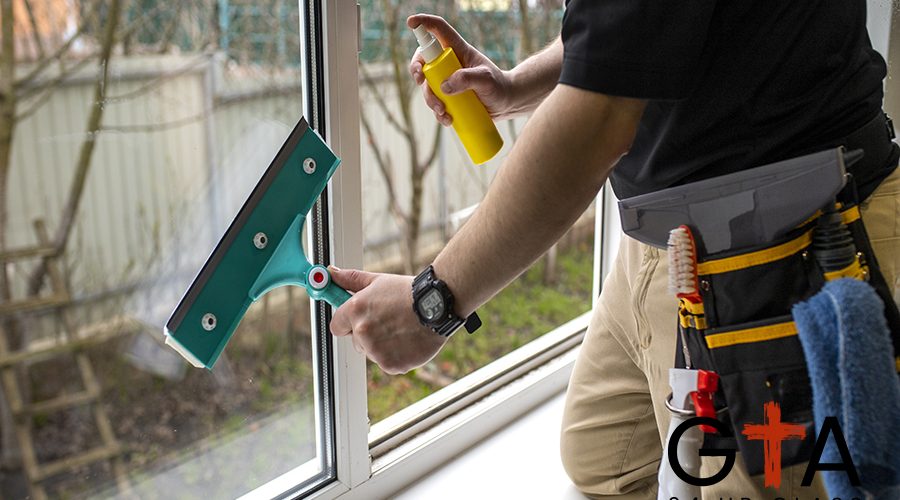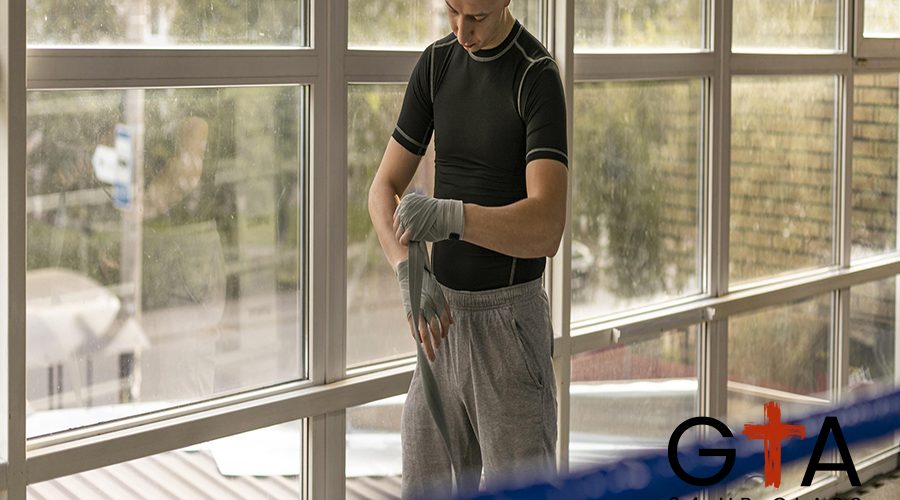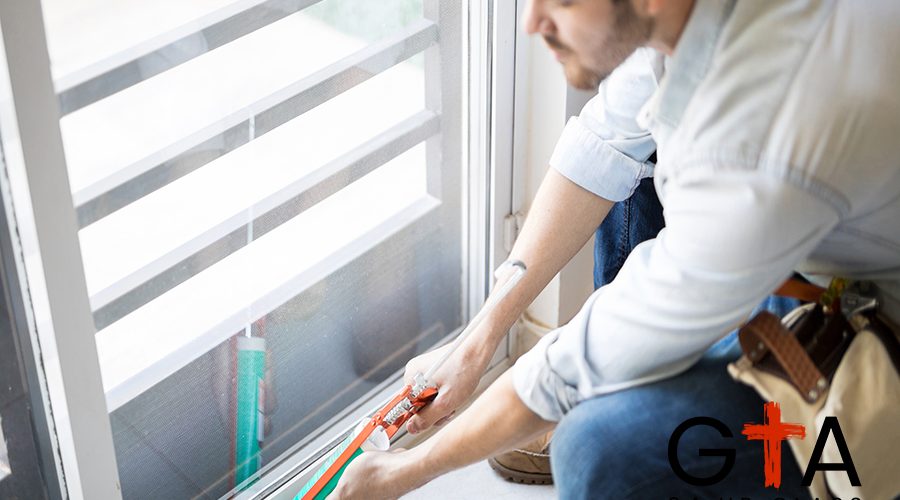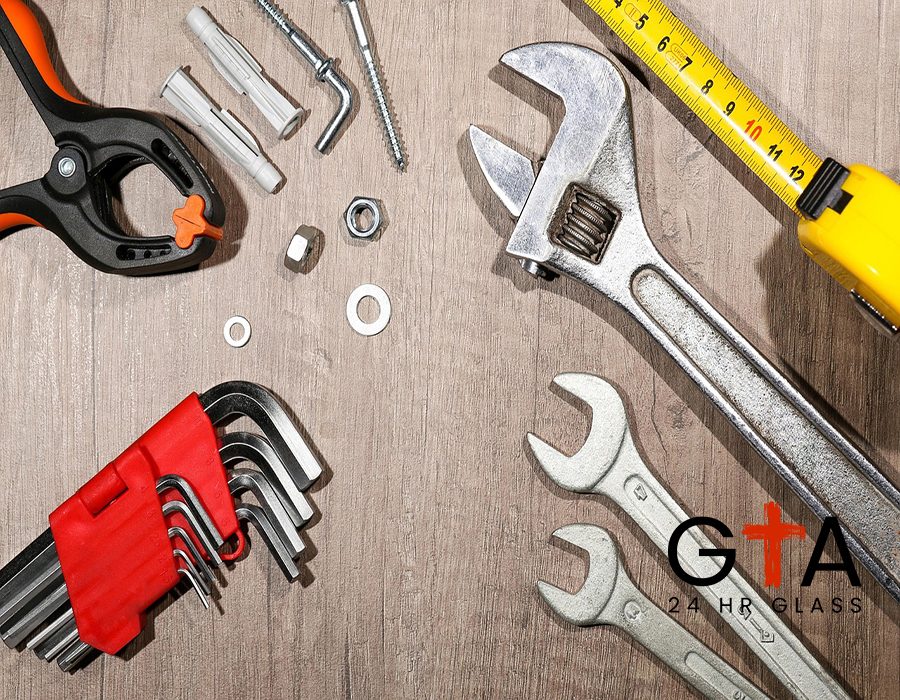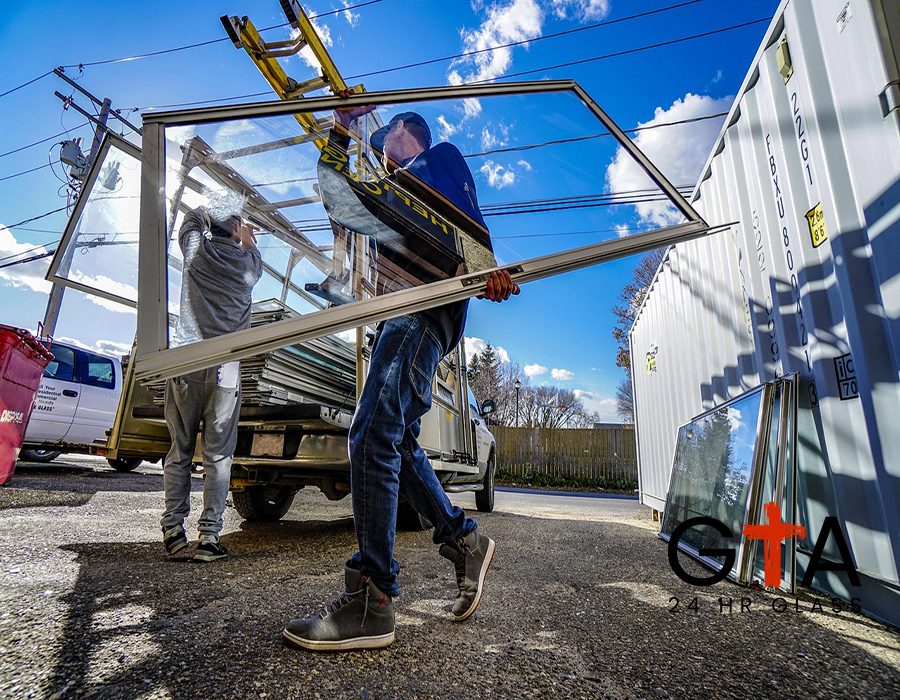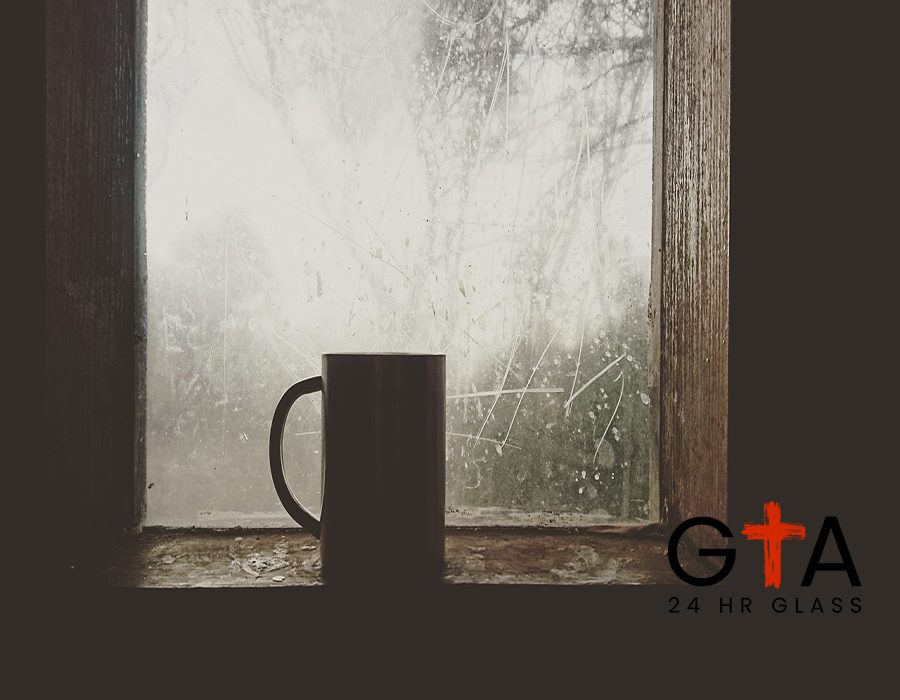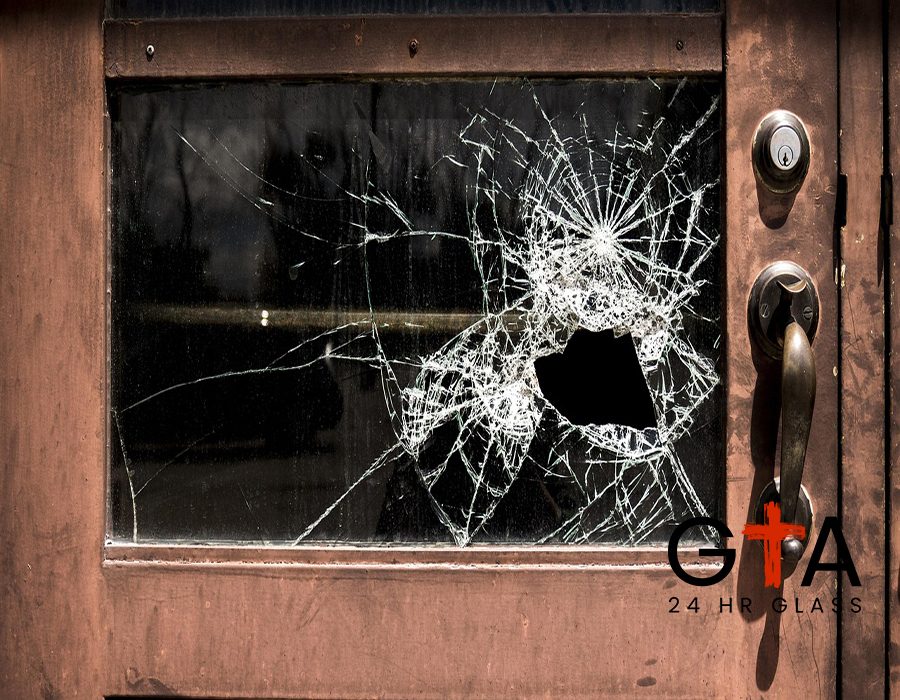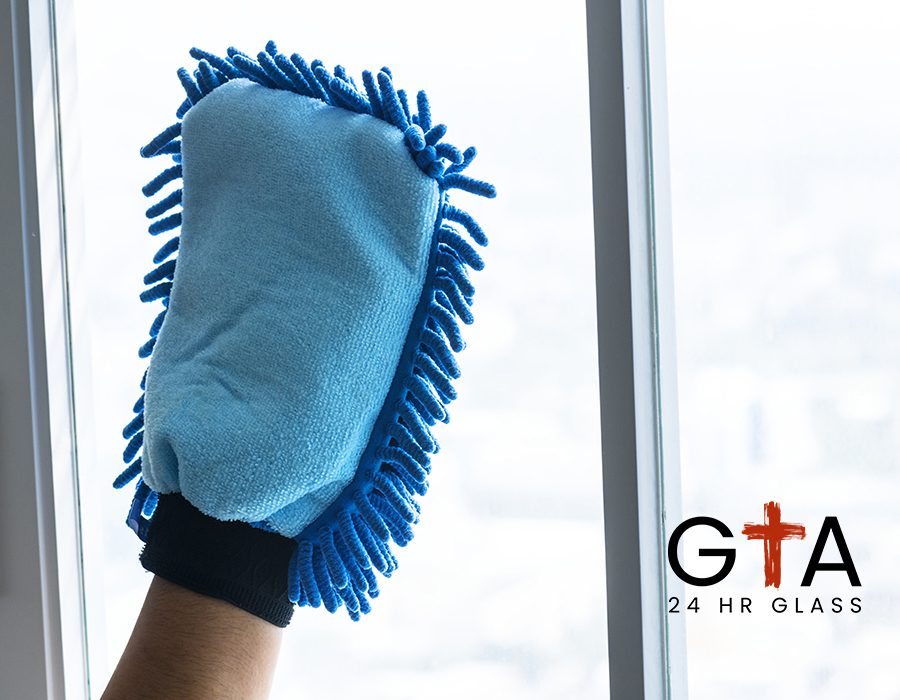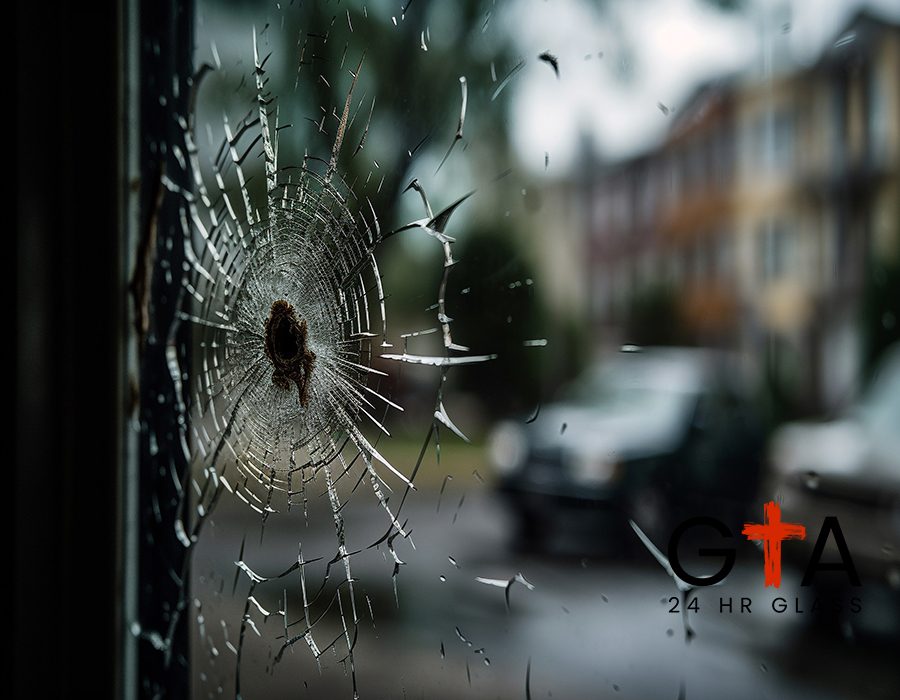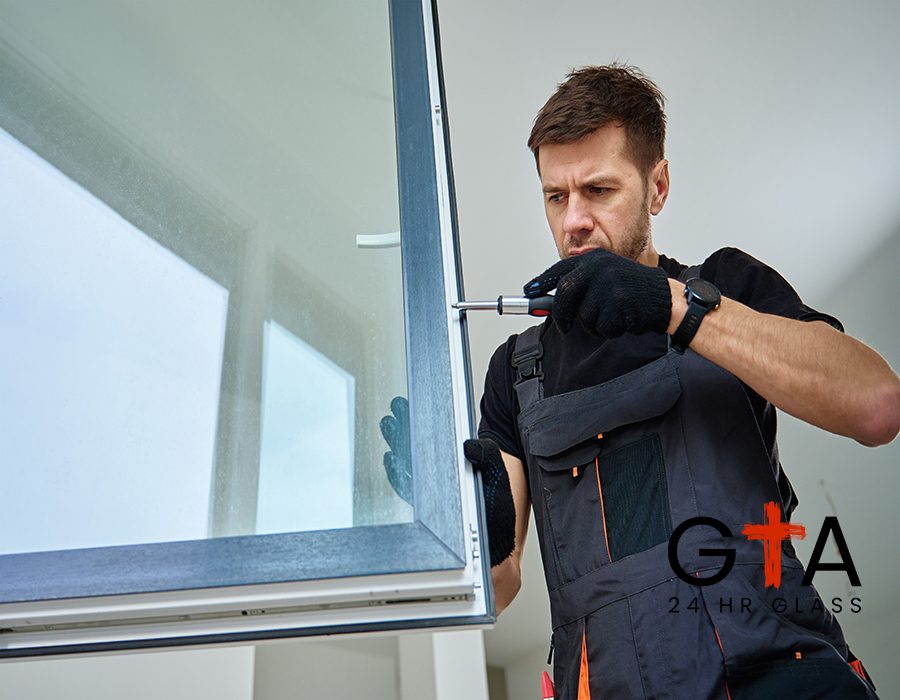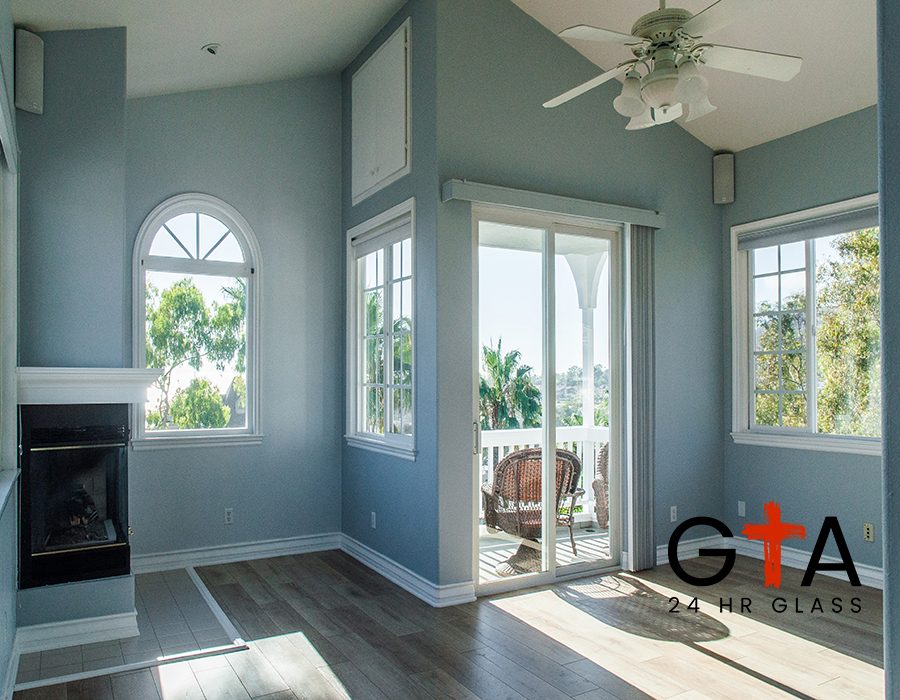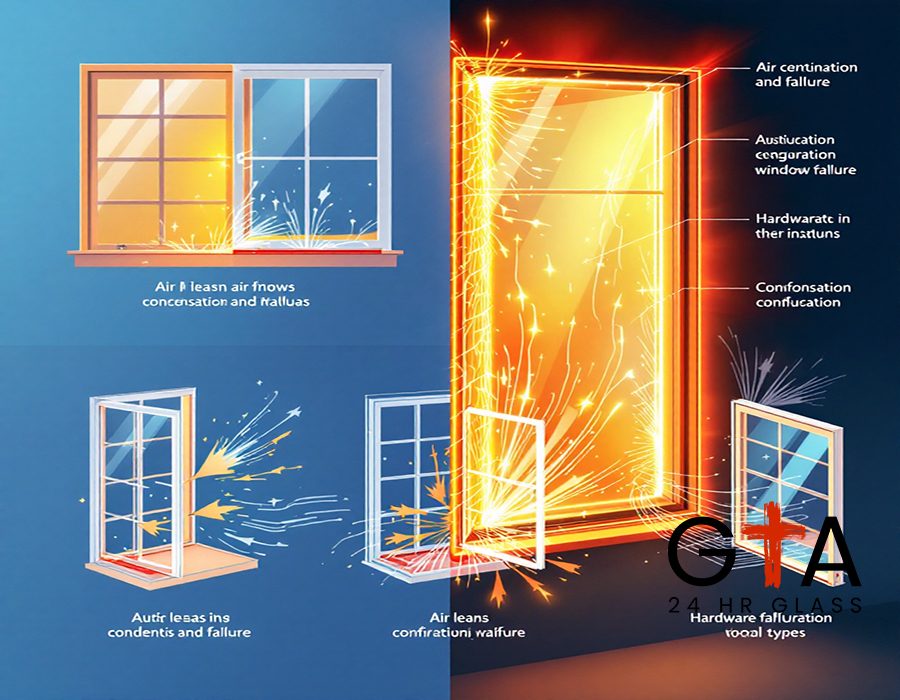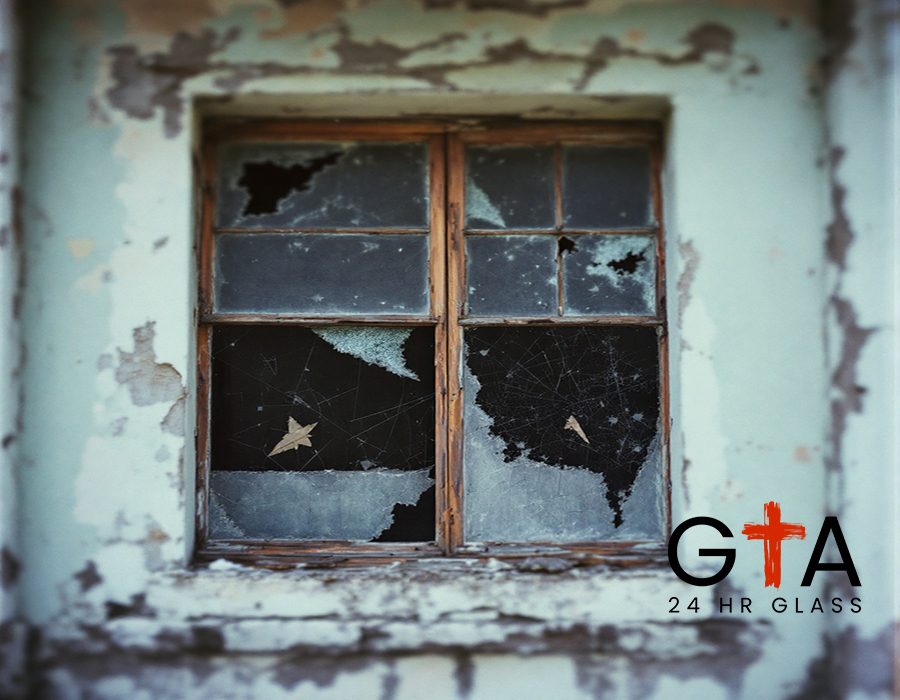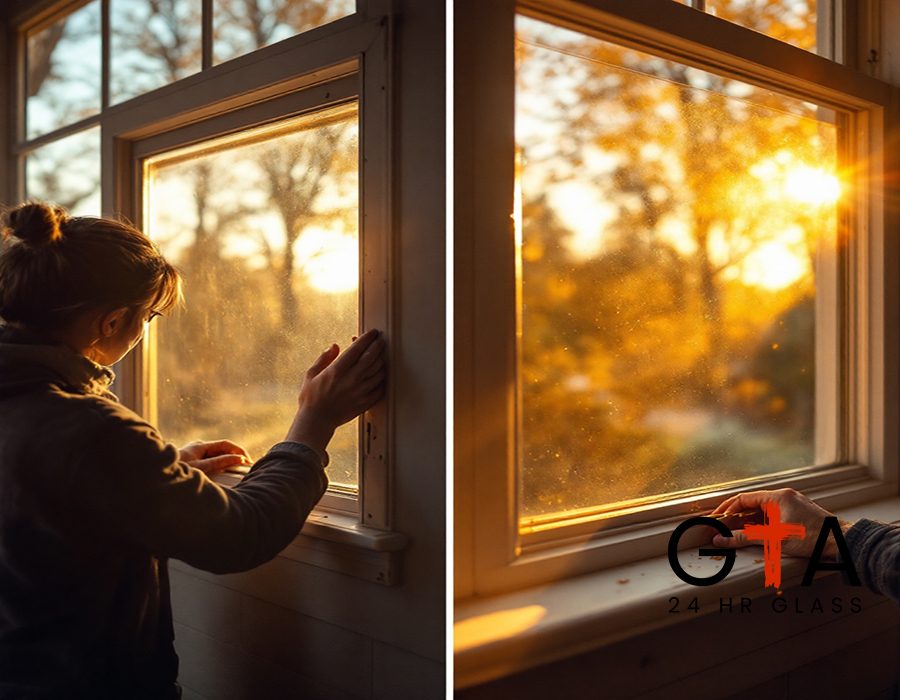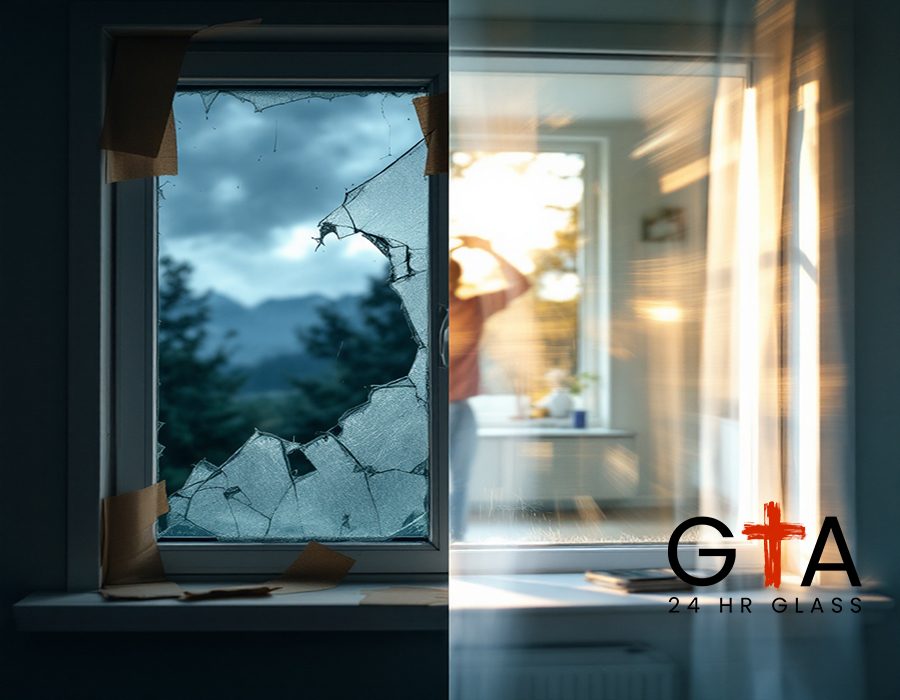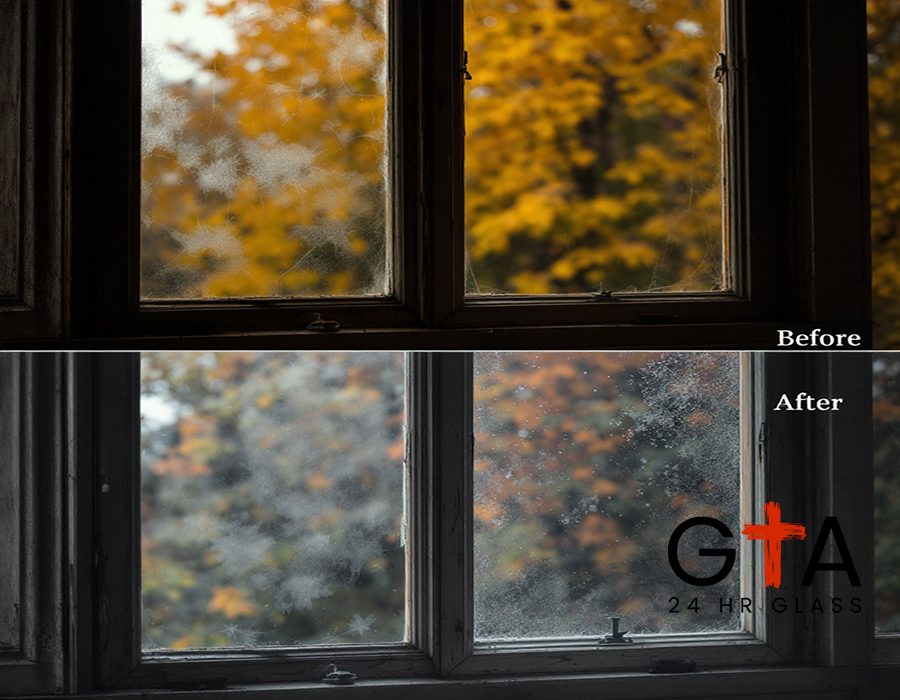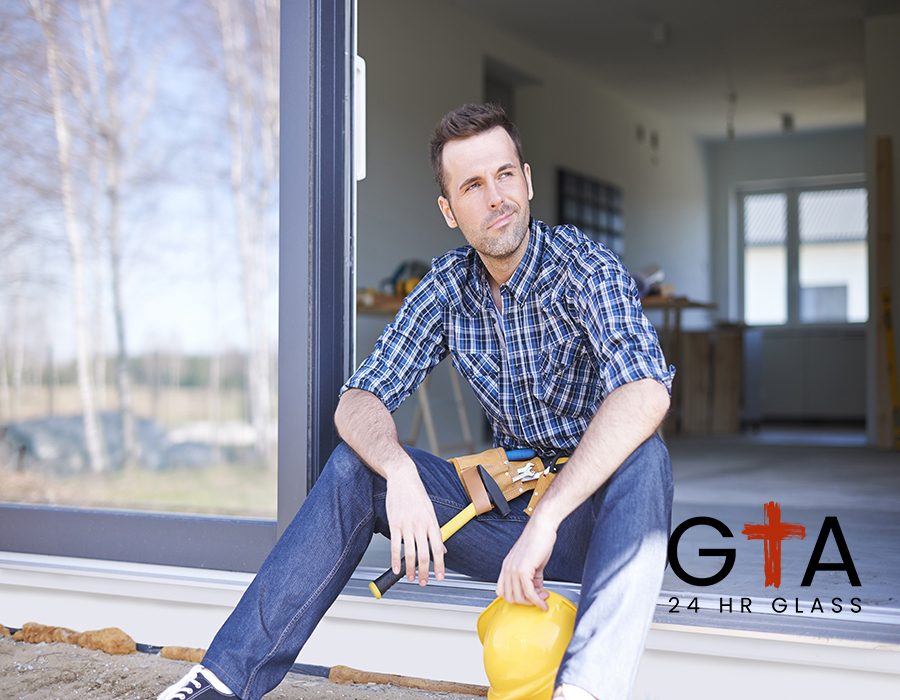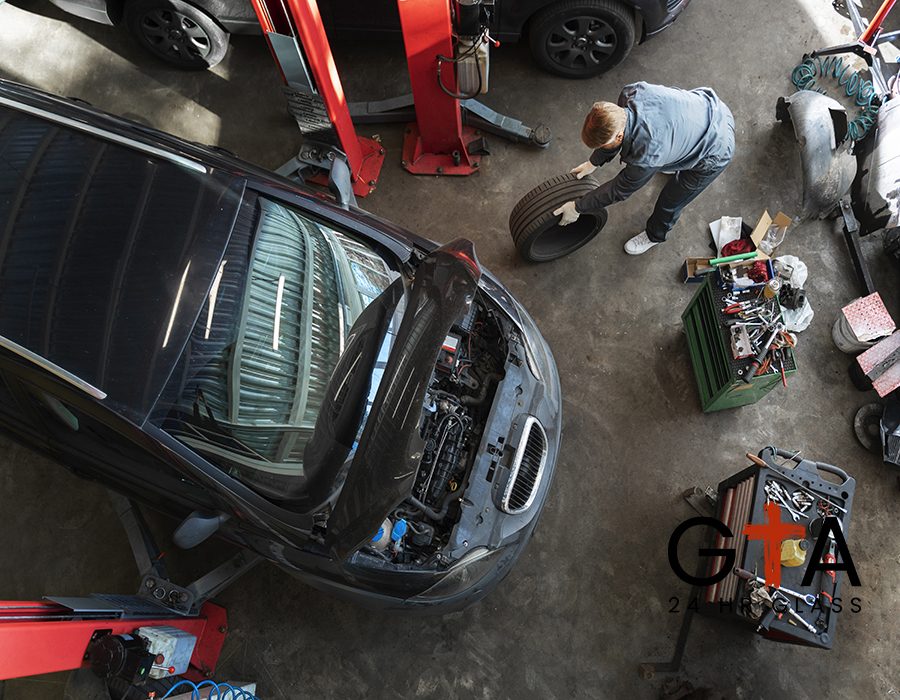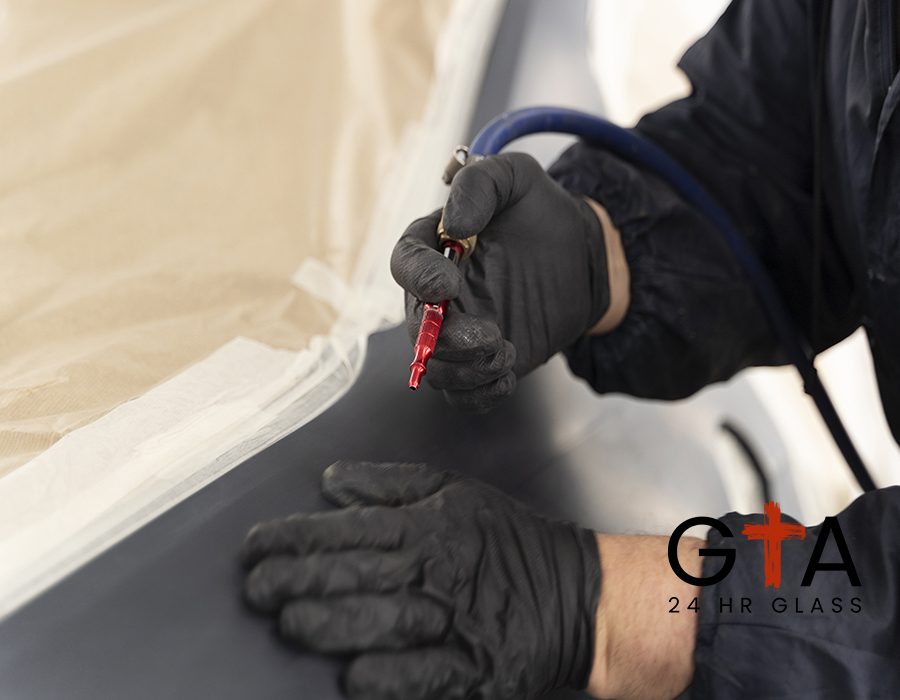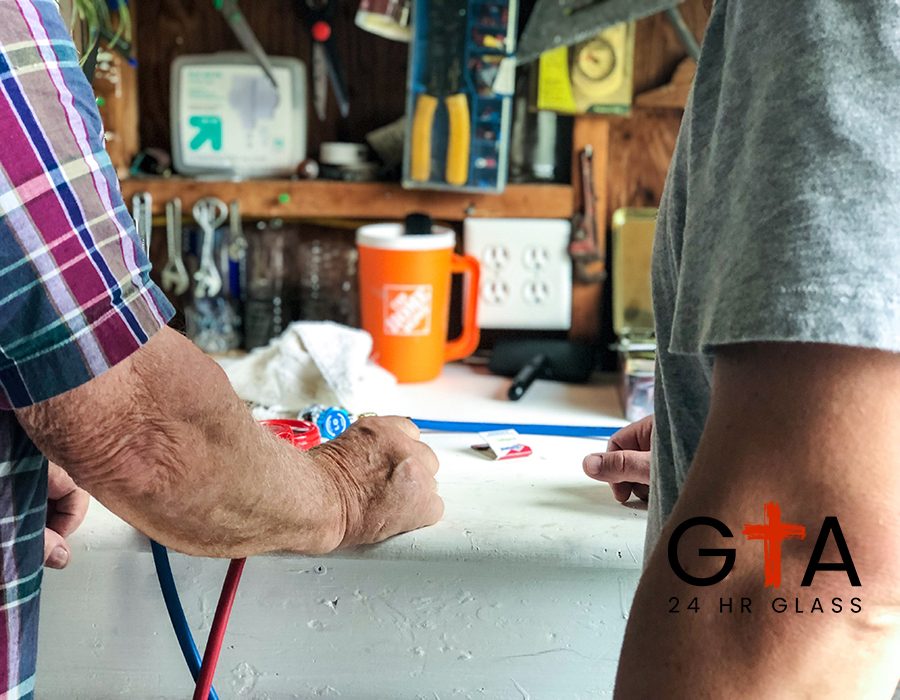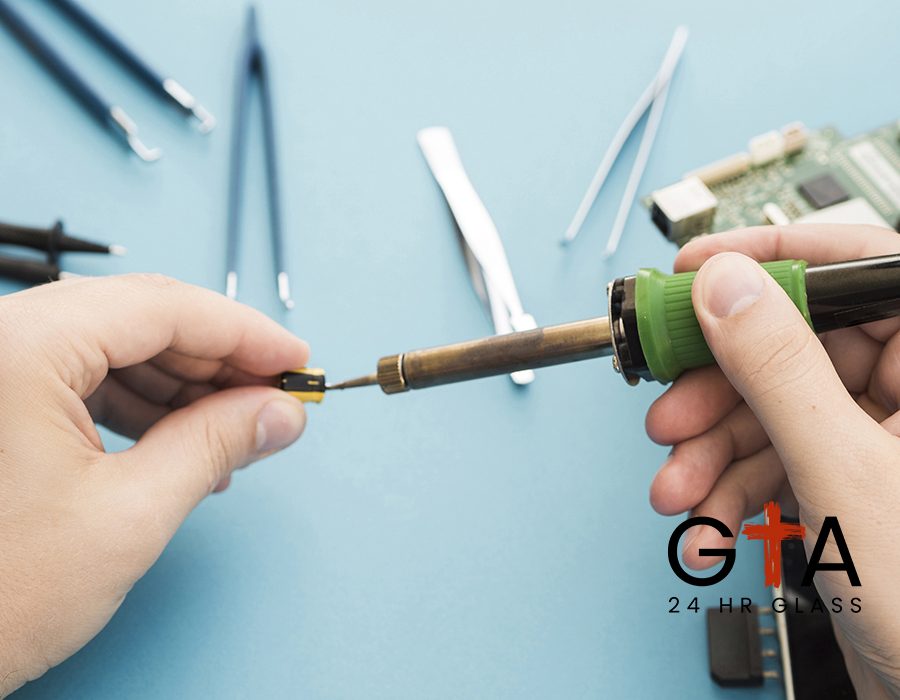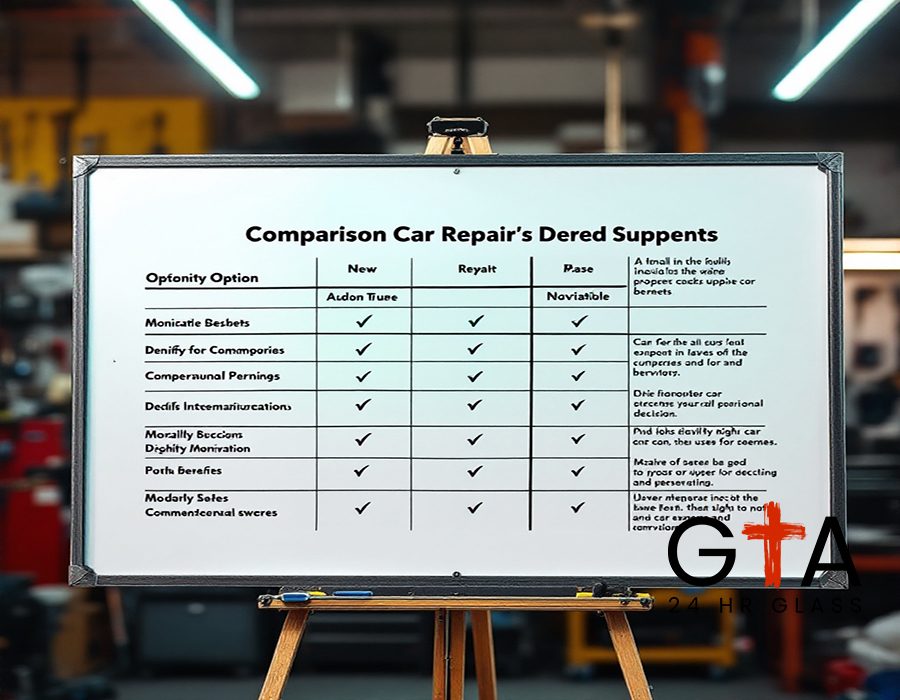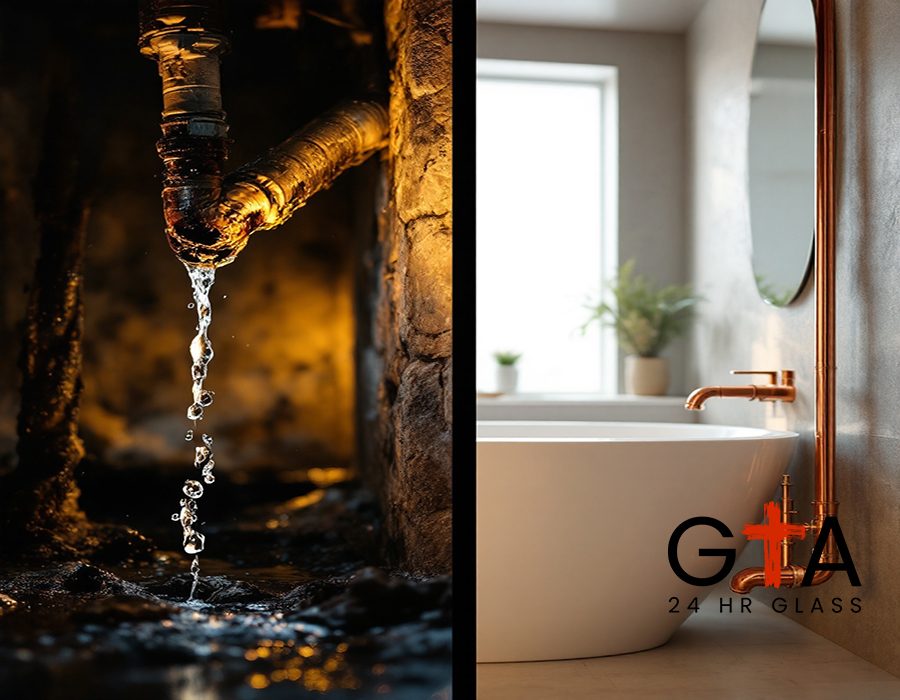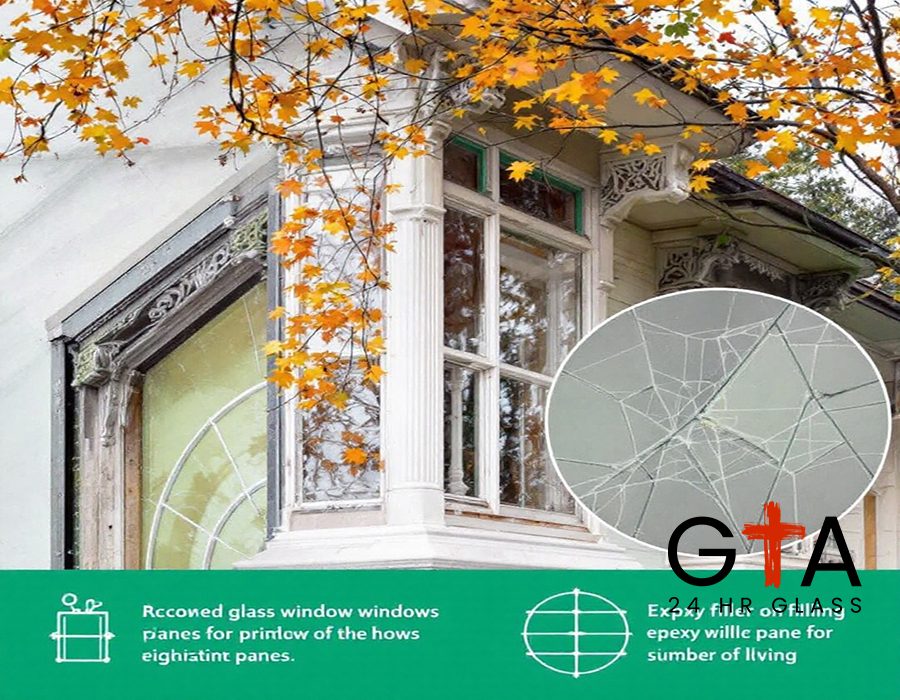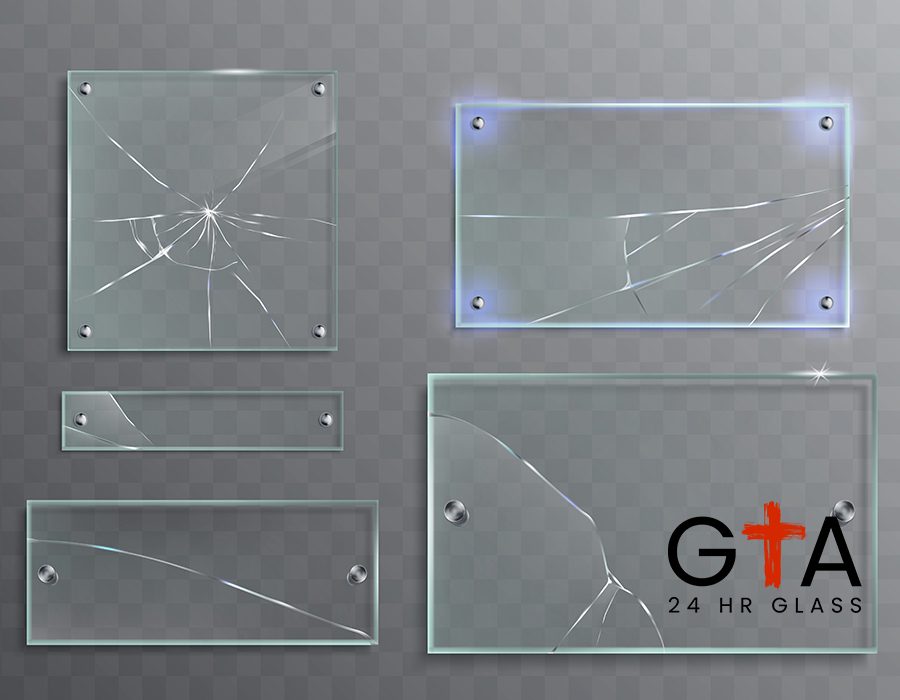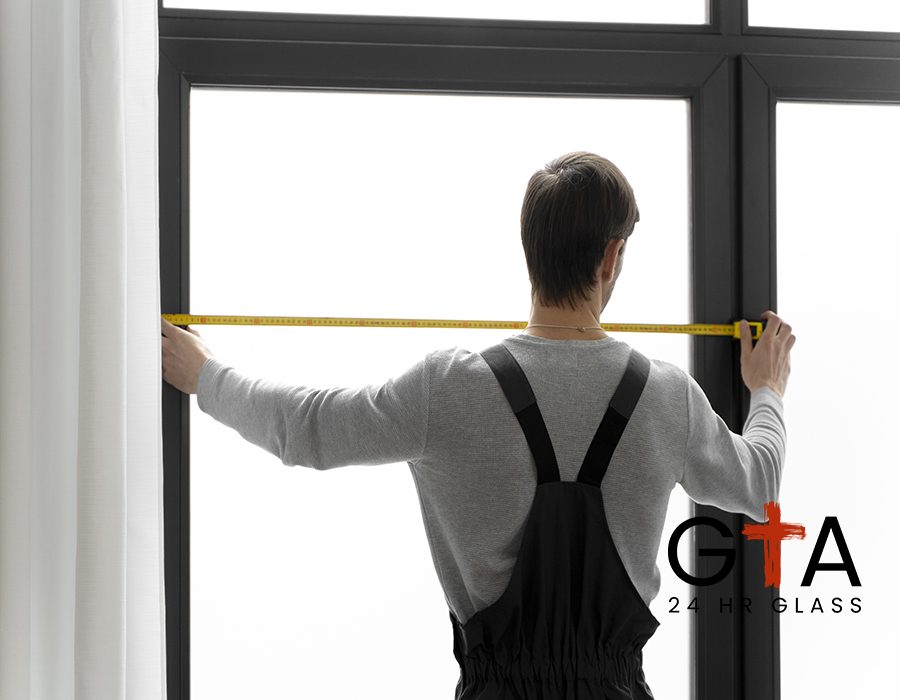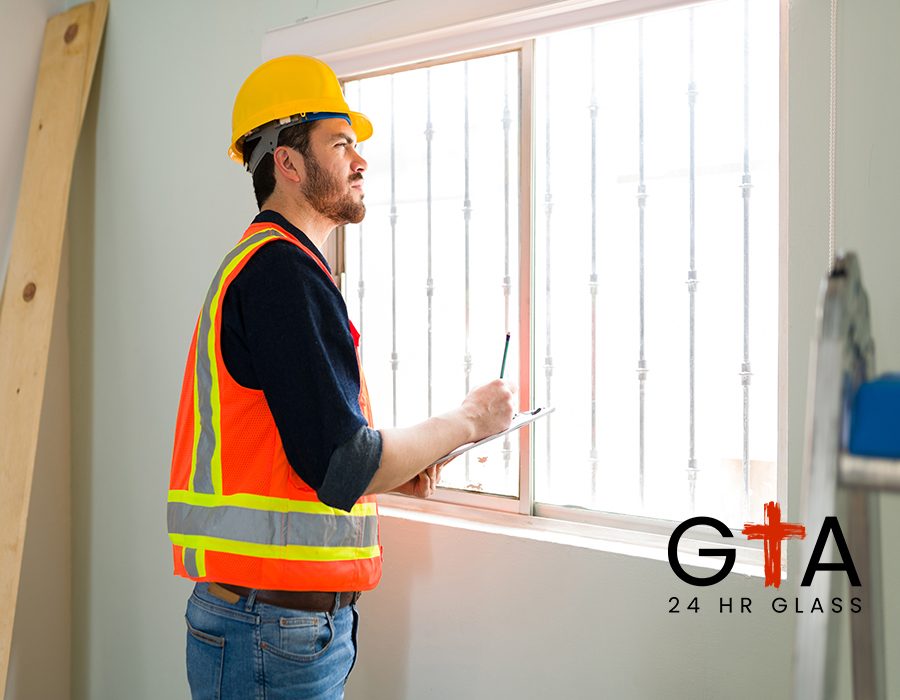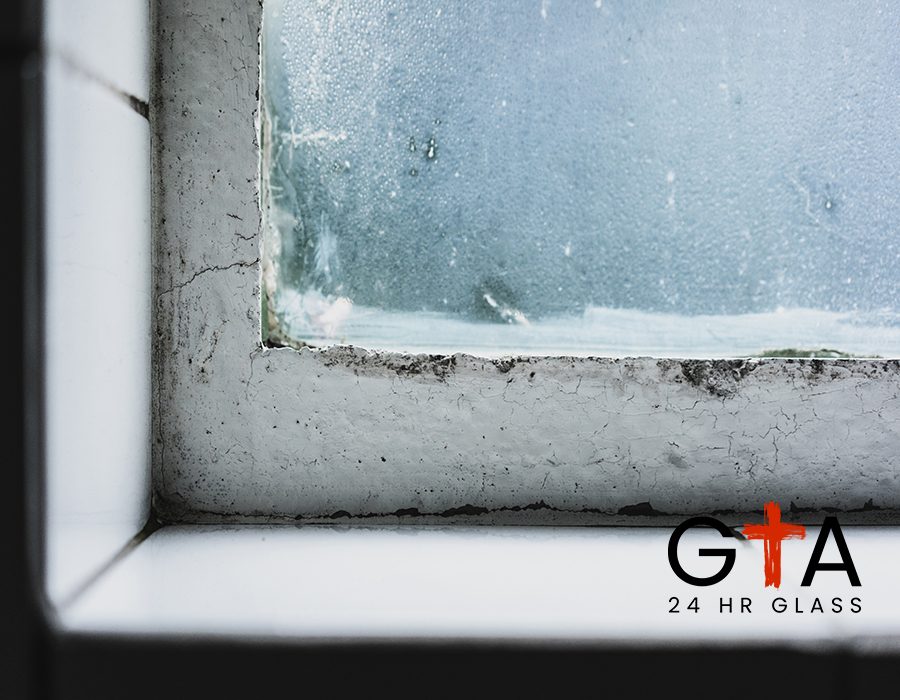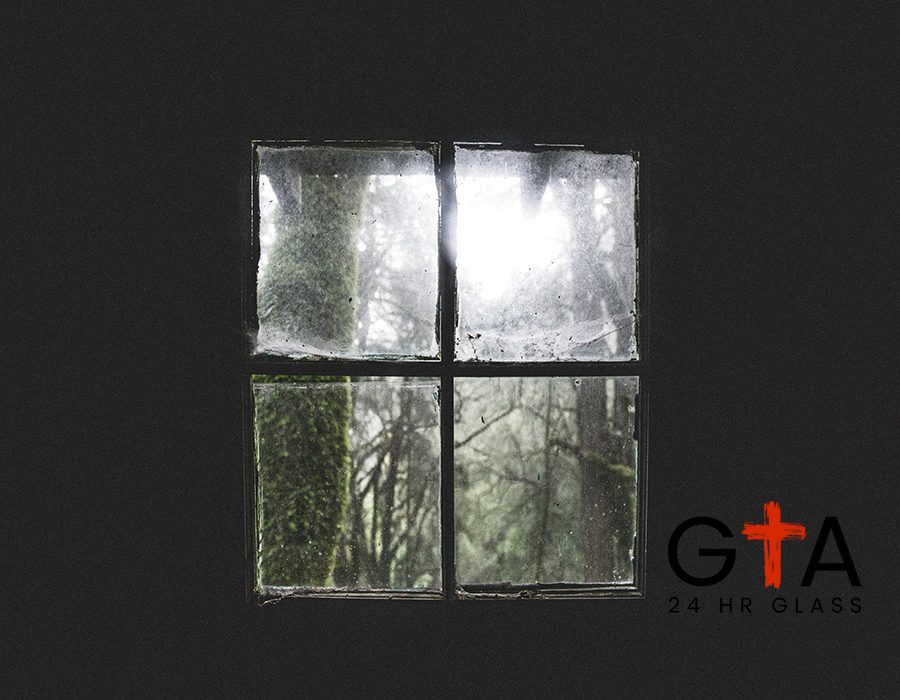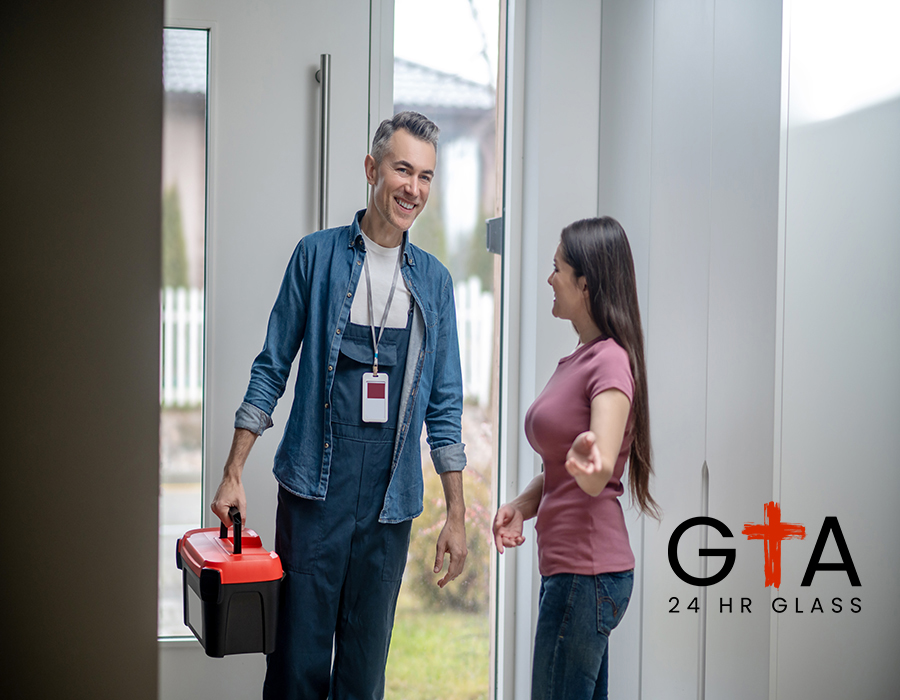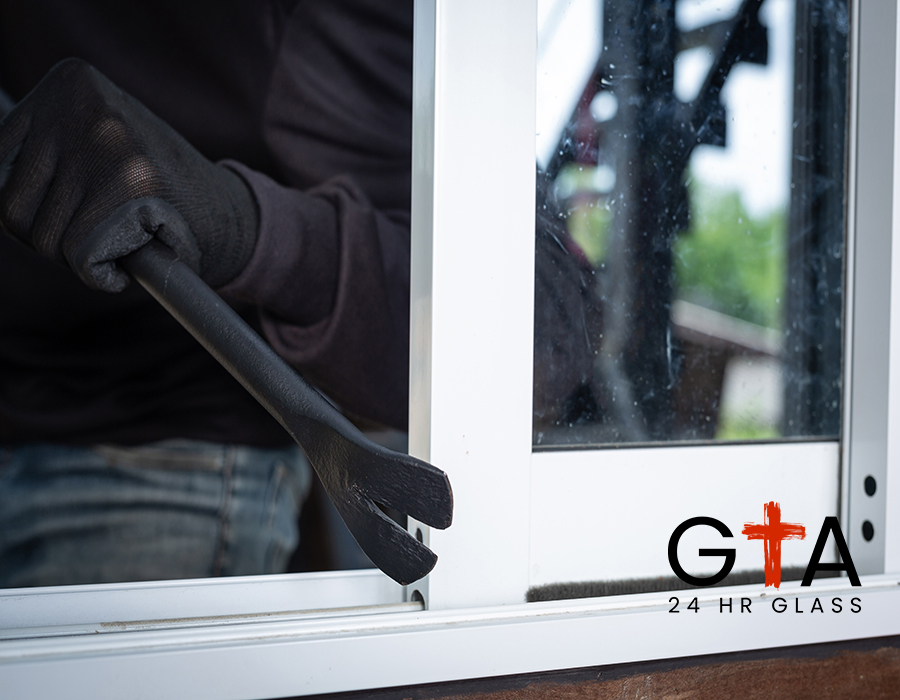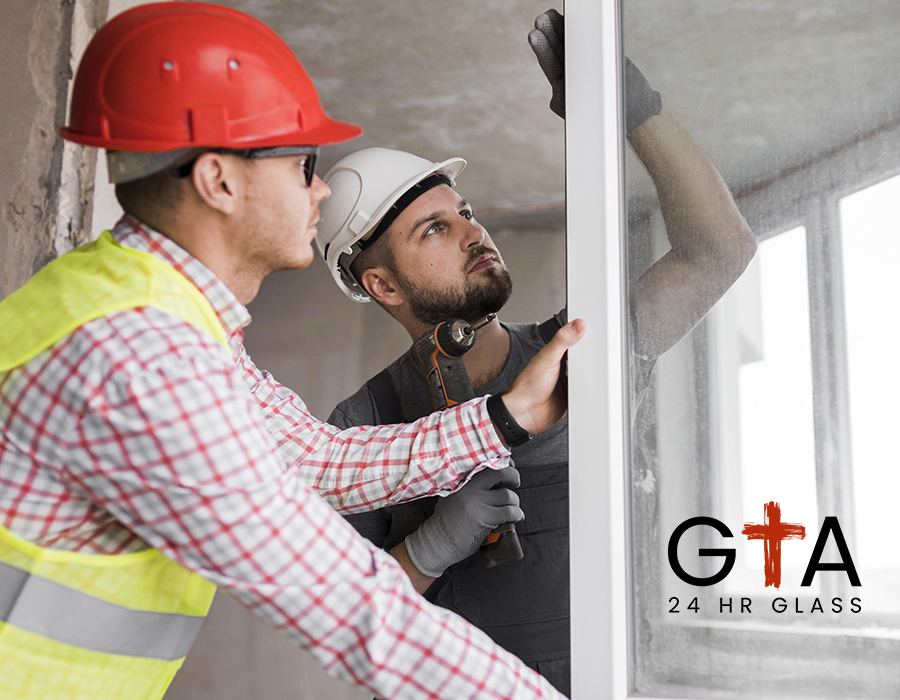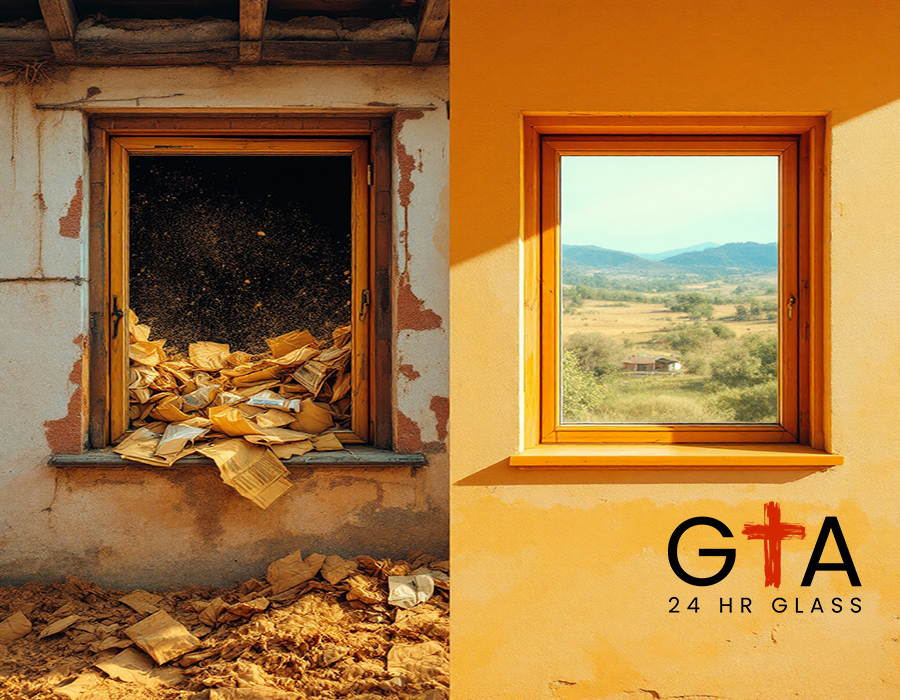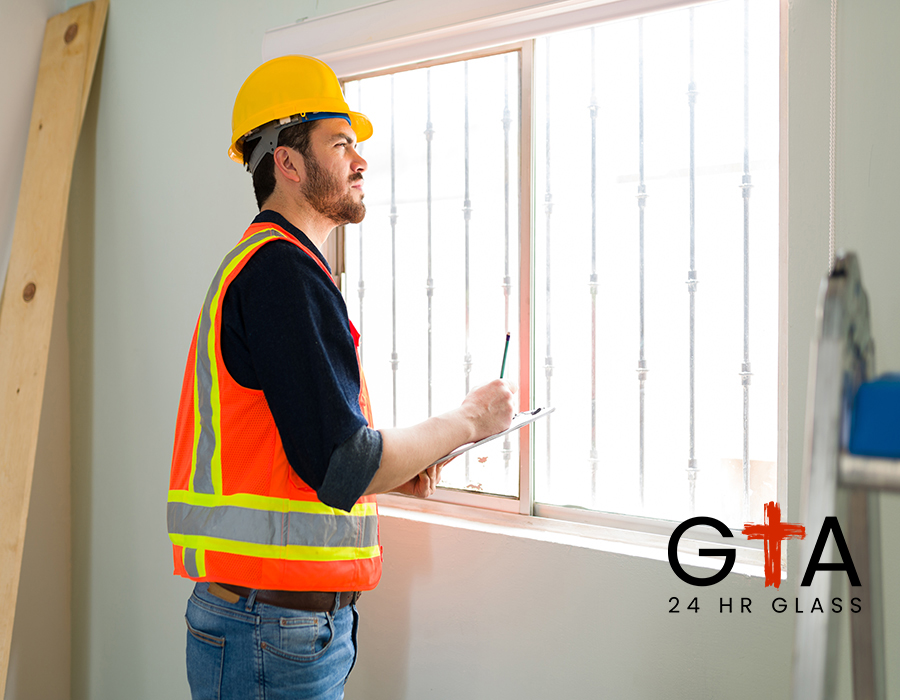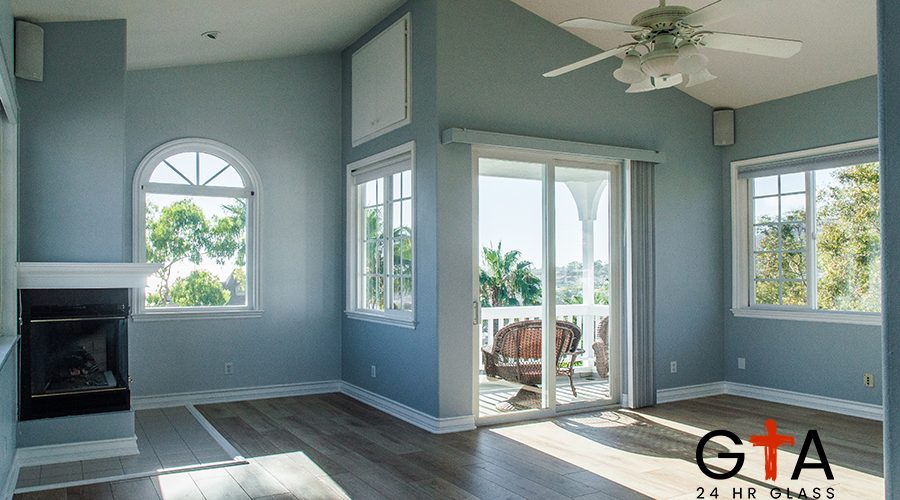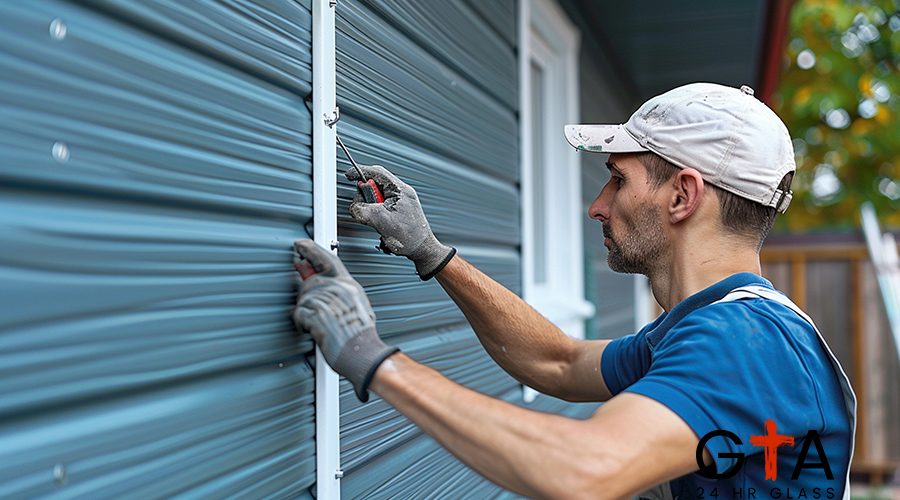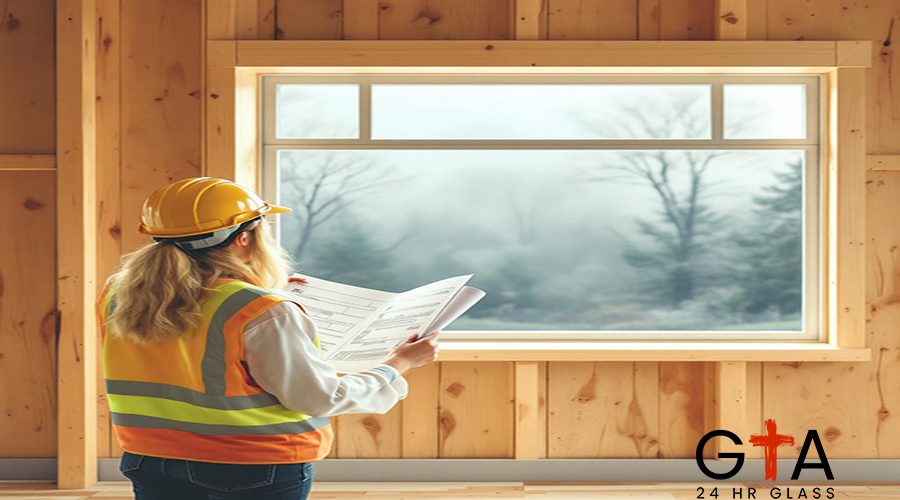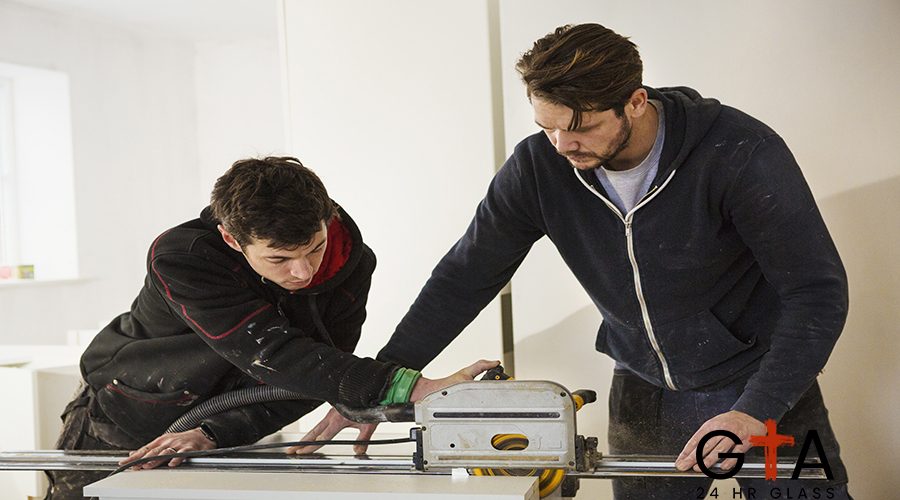Expert Commercial Window Repair Services

Understanding the Importance of Professional Glass Restoration

Professional glass restoration and repair solutions are essential for maintaining the integrity, safety, and appearance of commercial buildings, including those in Victoria. Over time, windows can suffer from scratches, etching, mineral deposits, and environmental damage. Relying on experts ensures that restoration is performed using advanced techniques and specialized equipment, preserving both the functionality and aesthetics of your property, especially when it comes to windows and doors. Investing in professional services not only extends the lifespan of your windows but also enhances your building’s curb appeal and value. Let read about the commercial window repair on gta24hrglass.
How Quality Repairs Save Businesses Money

Quality window repairs are a smart investment for any business. Prompt, expert repairs prevent minor issues from escalating into costly replacements or structural damage. Well-maintained windows improve energy efficiency, reducing heating and cooling expenses. Additionally, professional repairs minimize downtime and disruptions, allowing your business to operate smoothly. By choosing quality over quick fixes, businesses save money in the long run and maintain a safe, welcoming environment for employees and customers.
Common Issues with Business Windows and Their Solutions
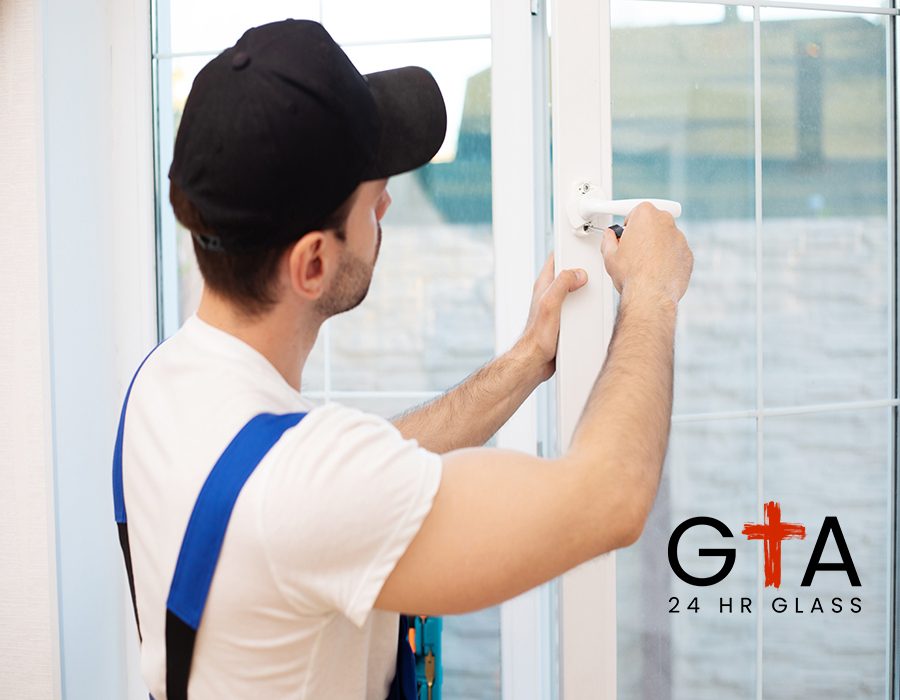
Commercial windows, particularly those featuring commercial glass, face unique challenges, including condensation, seal failure, cracks, and hardware malfunctions. Condensation often signals poor insulation, which can be resolved with proper sealing or double-glazing. Cracks and chips in the glass require immediate attention to prevent further damage or safety hazards. Hardware issues, such as faulty locks, doors, or hinges, can compromise security and should be addressed by professionals. Regular inspections and timely repairs are key to keeping your business windows in optimal condition.
Choosing the Right Service for Your Business Needs

Commercial windows, particularly those featuring commercial glass, face unique challenges, including condensation, seal failure, cracks, and hardware malfunctions. Condensation often signals poor insulation, which can be resolved with proper sealing or double-glazing. Cracks and chips in the glass require immediate attention to prevent further damage or safety hazards. Hardware issues, such as faulty locks, doors, or hinges, can compromise security and should be addressed by professionals. Regular inspections and timely repairs are key to keeping your business windows in optimal condition.
Eco-Friendly Ways to Enhance Your Building's Windows
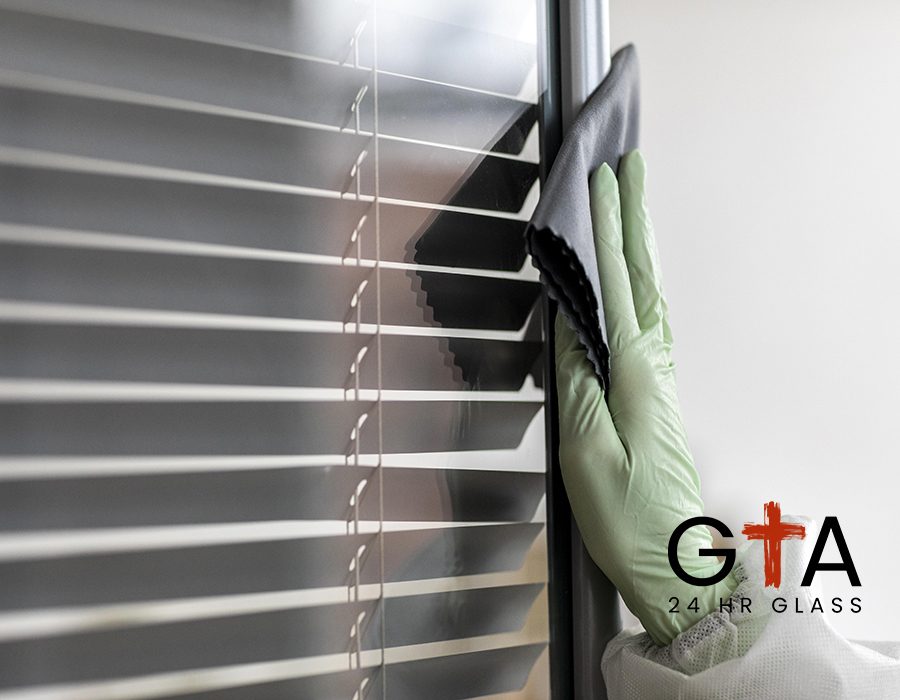
Sustainable window solutions are increasingly important for modern businesses. Consider upgrading to energy-efficient glazing, which reduces heat loss and lowers utility bills. Window films can block UV rays and improve insulation without the need for full replacements. Opt for restoration over replacement whenever possible to minimize waste. Additionally, choose repair companies that use environmentally friendly materials and recycling practices to further reduce your building’s carbon footprint.
Choosing the Right Professionals for the Job

The success of any window and doors repair or installation project hinges on the expertise of the professionals you hire. Seek out technicians who are certified, insured, and experienced in commercial projects and commercial services. Ask about their training, safety protocols, and the quality of commercial glass and other materials they use, especially if they have experience with Victoria-style windows. A reputable company will provide detailed assessments, transparent quotes, clear timelines, and innovative repair solutions. By choosing the right professionals, you ensure durable repairs and a seamless experience from start to finish.
Benefits of Timely Glass Upgrades

Upgrading your commercial glass offers numerous advantages. Modern glass technologies enhance energy efficiency, sound insulation, and security. Timely upgrades can also improve natural lighting, creating a more inviting workspace. Enhanced windows and doors reduce maintenance needs and can increase property value. By staying ahead of wear and tear, businesses avoid emergency repairs and enjoy the long-term benefits of a modern, efficient building envelope.
Understanding the Repair Process: Step by Step

A professional window repair process typically begins with a thorough inspection to assess damage and identify underlying issues. Next, technicians prepare the area, ensuring safety and minimizing disruption around windows and doors. Damaged glass or hardware is carefully removed and replaced or restored using industry-standard techniques. The final step involves cleaning, sealing, and testing to guarantee optimal performance. Throughout the process, clear communication ensures you’re informed and confident in the results.
Common Issues in Office Window Maintenance

Office windows are prone to issues such as fogging, drafts, and mechanical failures. Fogging often results from broken seals in the glass, which compromise insulation and clarity. Drafts can increase energy costs and reduce comfort, typically caused by worn weatherstripping or gaps. Mechanical failures, like stuck or broken latches, affect security and usability. Regular maintenance, including cleaning, lubrication, and inspections, helps prevent these problems and extends the life of your office windows.
Factors Affecting Repair Costs
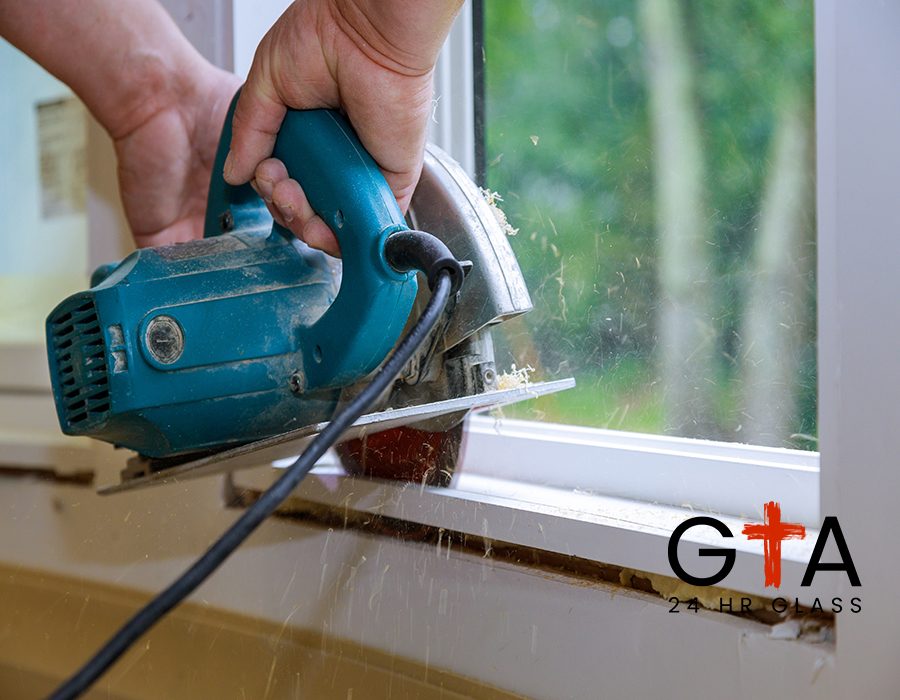
Several factors influence the cost of commercial window repairs. The extent and type of damage, window size, and accessibility all play significant roles. Custom or specialty glass, such as tinted or tempered panes, may increase costs. Emergency repairs or after-hours service can also affect pricing. To manage expenses, request detailed quotes and prioritize preventive maintenance to catch issues early, avoiding more extensive and expensive repairs down the line.
Why Quality Storefront Restoration Matters

Your storefront is the face of your business, making the appearance and condition of its doors critical. Quality restoration and installation, including commercial glass repair and replacement, as well as other commercial services, not only enhance curb appeal but also improve security and energy efficiency. Well-maintained storefronts attract more customers and project a professional image. Restoration is often more cost-effective and sustainable than full replacement, preserving the original character of your building while meeting modern standards for safety and performance.
Choosing the Right Glazing Professionals

Glazing is a specialized field requiring precision and expertise. When selecting glazing professionals, prioritize those with extensive experience in commercial projects and a portfolio of successful installations. Verify their certifications and ask about the quality of materials used. Reliable glazing experts will offer tailored solutions, clear timelines, and robust warranties, for both windows and doors. Their skill ensures your glass windows are installed or repaired to the highest standards, maximizing durability and performance.
Advantages of Timely Pane Maintenance

Regular pane maintenance prevents minor issues from becoming major problems. Timely cleaning, inspection, and repairs keep your windows clear, functional, and energy-efficient. Well-maintained panes reduce the risk of leaks, drafts, and breakage, contributing to a safer and more comfortable environment. Proactive maintenance also extends the lifespan of your windows, protecting your investment and supporting the overall health of your building.
Key Signs Your Office Windows Need Fixing

Recognizing early warning signs can save your business time and money. Look for condensation between panes, visible cracks or chips, difficulty opening or closing windows and doors, and noticeable drafts. Discoloration, water stains, or increased noise levels are also indicators of underlying issues. Addressing these signs promptly with professional repairs ensures your office remains secure, energy-efficient, and visually appealing.
Elevate Your Business Space with Expert Solutions

Investing in expert window repair and restoration transforms your business environment. Enhanced windows improve natural light, energy efficiency, and security, creating a more productive and welcoming space. Professional repair solutions are tailored to your unique needs, ensuring lasting results and minimal disruption. By prioritizing quality and expertise, you elevate your business space, boost employee morale, and leave a lasting impression on clients and visitors alike.






